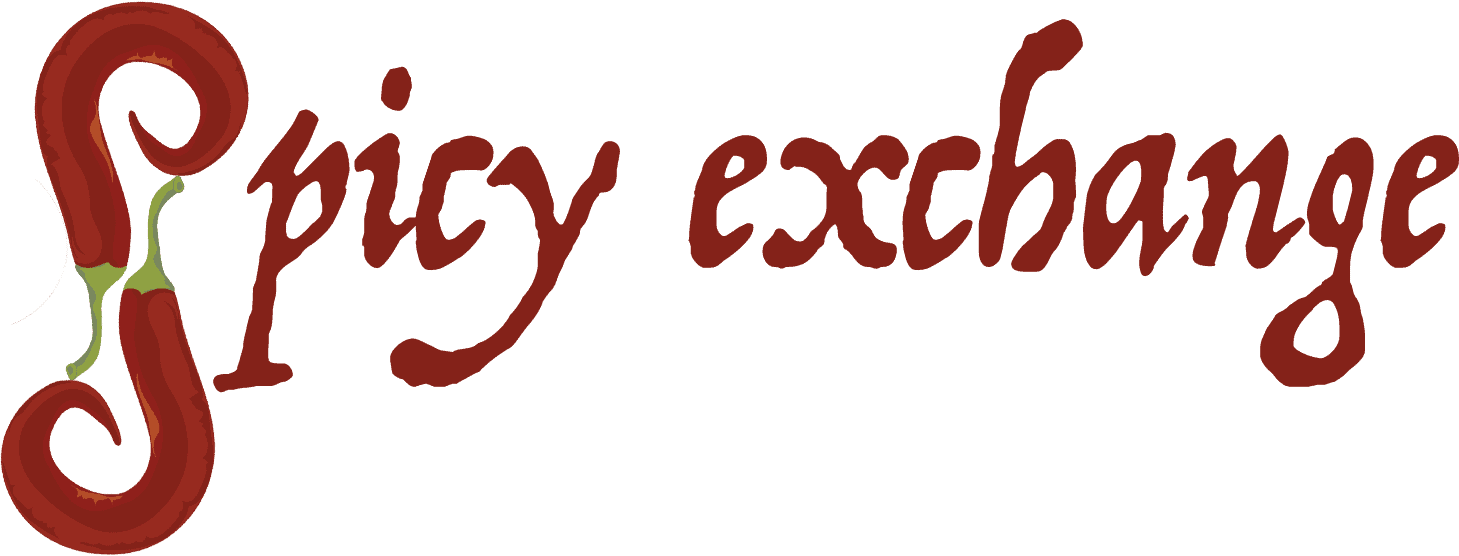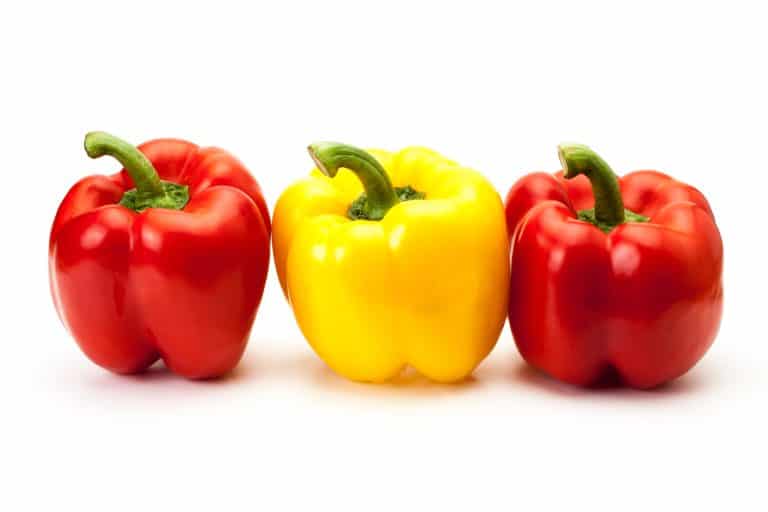Why spicy foods cause hiccups (and what to do about it)
If you enjoy spicy foods but often find yourself battling hiccups afterward, you’re not alone. Hiccups after eating spicy foods are a common occurrence, though they can be an annoying side effect. While the exact cause of these spicy-induced hiccups isn’t fully understood, research provides some insights into why they happen. This article will explore the science behind hiccups, how spicy foods might trigger them, and a few methods to alleviate hiccups when they strike.
What Causes Hiccups?
Hiccups are a common and often mysterious bodily reaction. They occur when the diaphragm, a large muscle that helps with breathing, involuntarily contracts or spasms. This spasm is quickly followed by the closure of the glottis, the opening between the vocal cords. When the glottis closes, it temporarily blocks airflow into the windpipe, resulting in the characteristic “hic” sound.
Hiccups can be acute, lasting just a few minutes, or chronic, lasting for an extended period. While most hiccups are harmless and resolve on their own, chronic hiccups can sometimes indicate underlying health issues. Historically, doctors believed that persistent hiccups were related to diseases affecting the phrenic nerve, which controls the diaphragm. Today, we know that there are various potential causes for hiccups, ranging from simple triggers like eating too quickly to more complex medical conditions.
Why do spicy foods sometimes cause hiccups?
The link between spicy foods and hiccups isn’t entirely clear, and there’s no specific research that definitively explains why spicy foods cause hiccups. However, several studies have mentioned this phenomenon, and the prevailing theory involves capsaicin, the compound responsible for the heat in peppers (Lee et al., 2010) (Peleg & Peleg, 2000) (Turkyilmaz & Eroglu, 2007).
Capsaicin binds to a receptor in the body called TRPV1, which is responsible for detecting heat and pain. When capsaicin activates this receptor, it creates the sensation of spiciness. However, capsaicin can also irritate the nerves in the diaphragm. This irritation may cause the diaphragm to contract involuntarily, leading to hiccups.
While hiccups caused by spicy foods can be uncomfortable, they are generally harmless and typically go away on their own after the capsaicin’s effects subside.
How to get rid of hiccups caused by spicy foods
Hiccups triggered by spicy foods usually don’t last long and will often resolve without any intervention. Since these hiccups are thought to be caused by the irritation of the diaphragm by capsaicin, they tend to disappear once the irritation diminishes.
There are several home remedies that people commonly use to try to shorten the duration of hiccups, although there is no clinical evidence to prove their effectiveness. Some of these remedies include:
- Drinking ice water: Sipping cold water may help calm the diaphragm.
- Holding your breath: Inhaling deeply and holding your breath for a few seconds can sometimes stop hiccups.
- Applying a cold compress: Placing a cold compress on your face may help relax the diaphragm.
- Smelling salts: Some people use smelling salts to jolt their system and stop hiccups.
- Carotid massage: Gently massaging the carotid artery in the neck can sometimes disrupt the hiccup reflex.
- Induced fright: A sudden scare can sometimes reset the body’s reflexes, including hiccups.
While these methods might offer relief, they are not guaranteed to work for everyone. If your hiccups persist for an extended period or occur frequently, it may be a good idea to consult a healthcare professional.
Hiccups after eating spicy foods are a common experience, likely caused by the irritating effects of capsaicin on the diaphragm. While the hiccups can be annoying, they are usually harmless and temporary. Understanding the link between spicy foods and hiccups can help you better manage them, and while there’s no surefire way to prevent hiccups from occurring, trying a few home remedies may help shorten their duration. So, the next time you enjoy a spicy meal, you’ll have a better idea of why hiccups might follow and how to handle them if they do.
References
- Lee, J. H., Kim, T. Y., Lee, H. W., Choi, Y. S., Moon, S. Y., & Cheong, Y. K. (2010). Treatment of intractable hiccups with an oral agent monotherapy of Baclofen -A case report-. The Korean Journal of Pain, 23(1), 42–45. https://doi.org/10.3344/kjp.2010.23.1.42
- Peleg, R., & Peleg, A. (2000). Case report: Sexual intercourse as potential treatment for intractable hiccups. Canadian Family Physician, 46, 1631–1632. Retrieved April 27, 2023, from https://www.cfp.ca/content/cfp/46/8/1631.full.pdf.
- Turkyilmaz, A., & Eroglu, A. (2007). Use of baclofen in the treatment of esophageal stent-related hiccups. The Annals of Thoracic Surgery, 85(1), 328–330. https://doi.org/10.1016/j.athoracsur.2007.07.059





